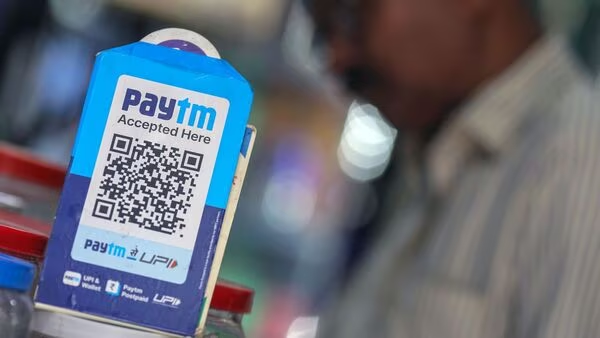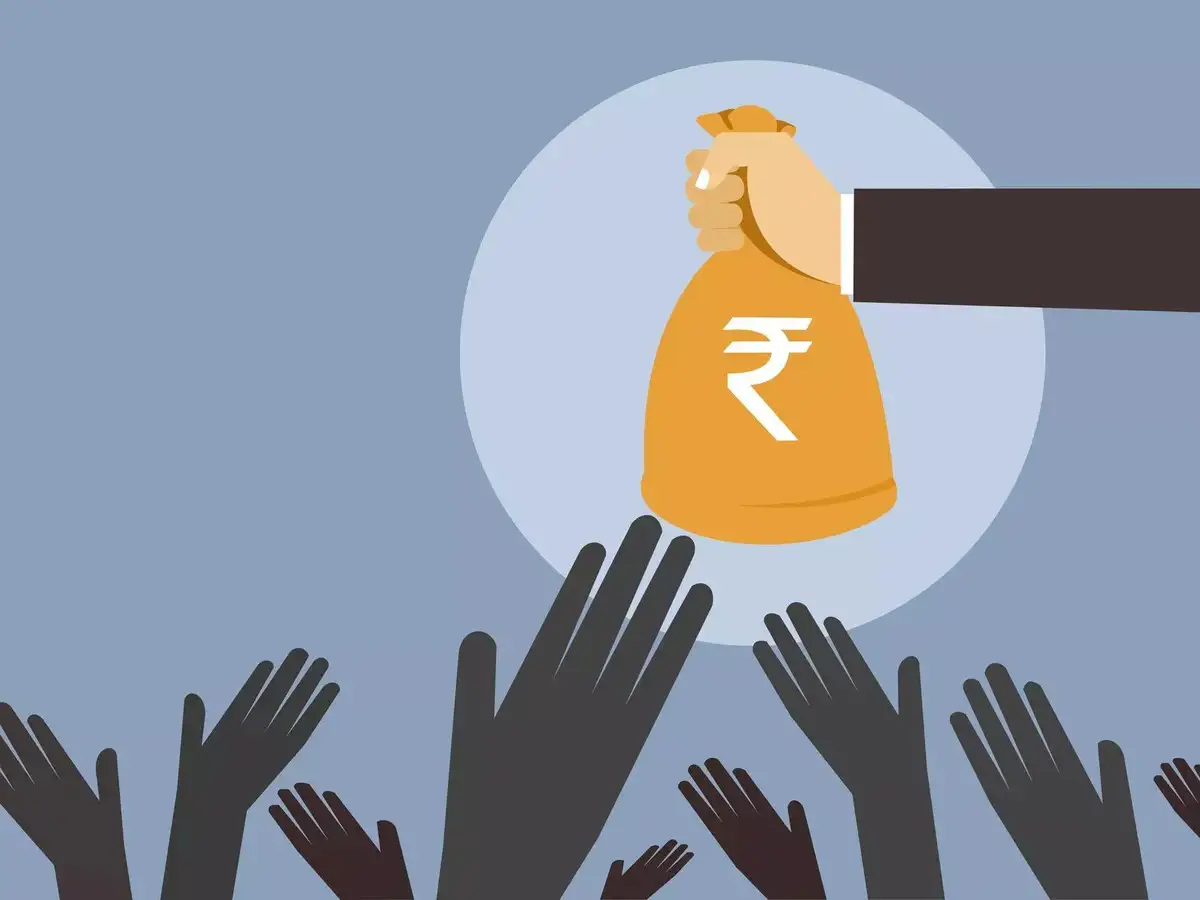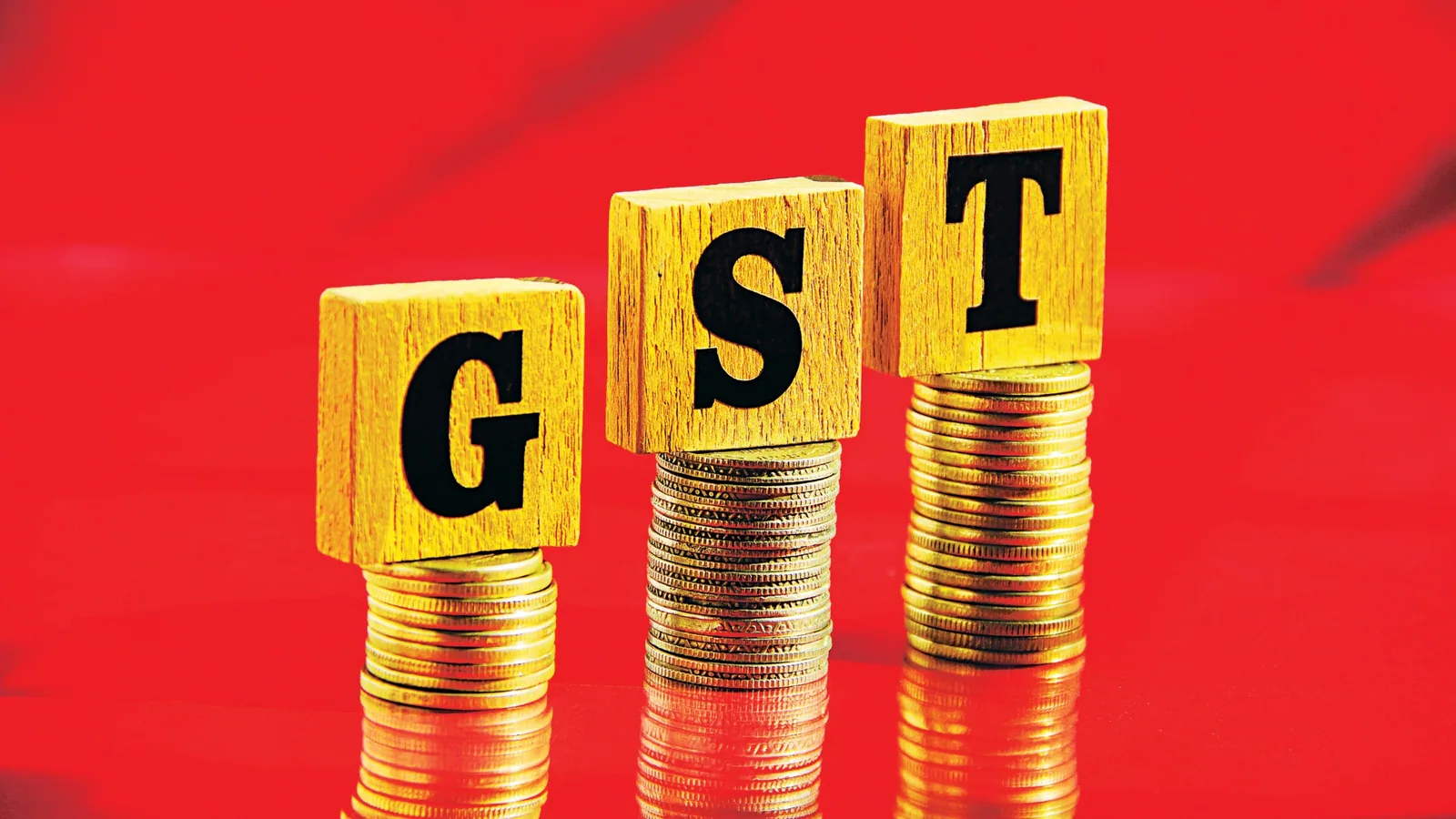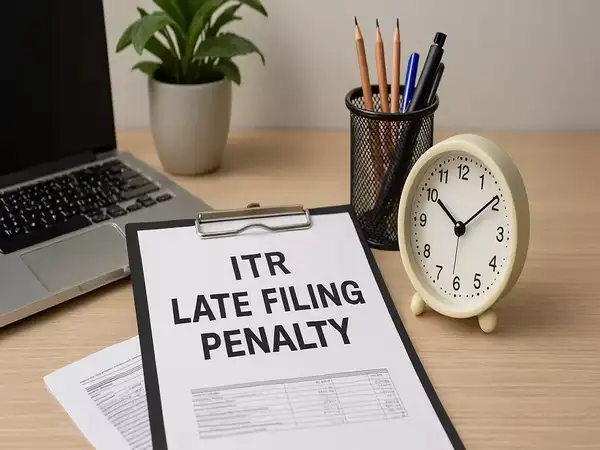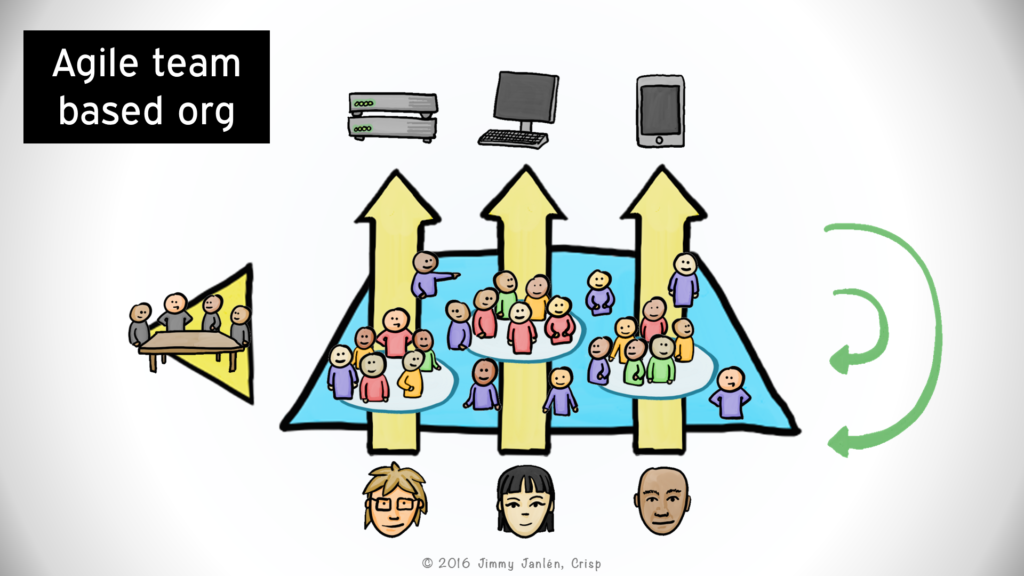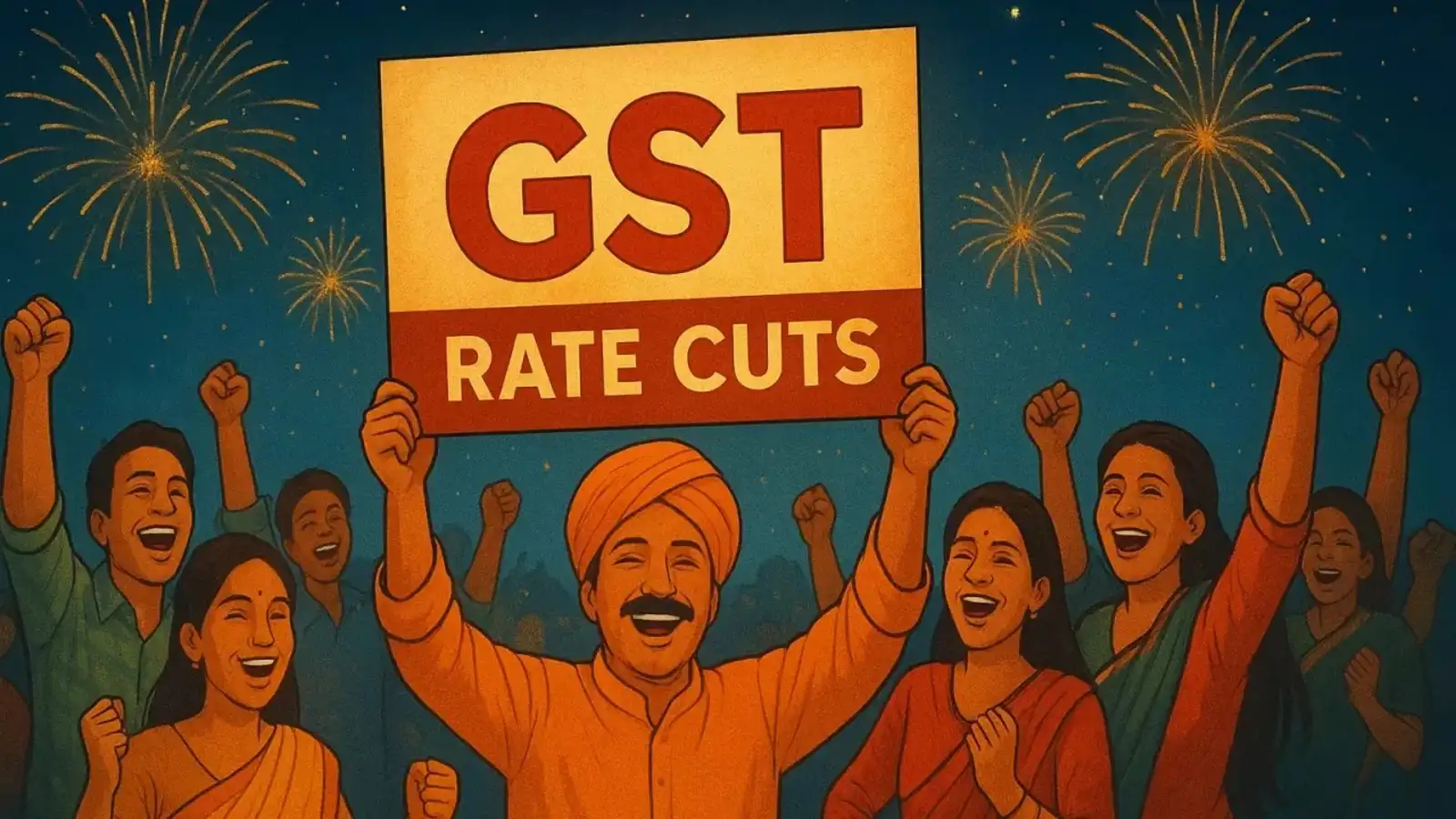|
Shares of One 97 Communications (Paytm) have witnessed an almost 50 percent drop just in February as investor sentiment turned negative amid the RBI and Paytm Payments Bank Ltd (PPBL) saga.In a recent note, brokerage house UBS said it believes that any potential for a re-rating of Paytm based on profitability improvement has been delayed. It has retained a 'neutral' call on the stock and reduced its target price to ₹510 (from ₹650 earlier). The new target indicates an over 25 percent potential upside.
"Paytm's share price has derated significantly post RBI regulatory action and the stock is trading at 1.5x EV to one-year forward consensus sales, nearly an 80 percent discount to its Indian internet peers. Our ₹510 price target implies a 2.4x EV to FY25E sales, which is still a 70 percent discount to Indian internet peers. We believe this is justified as Paytm's growth profile is now much weaker at an 8 percent expected revenue CAGR over FY24-26E, versus Indian peers at a much higher 27 percent.
Additionally, Paytm's re-rating potential based on its profitability improvement is now also pushed out and the company's margin profile is much weaker than peers. Furthermore, the loss of investor confidence based on the regulatory action is unlikely to change in a hurry. We believe only sustained execution in the coming quarters can re-build investor confidence which would drive a re-rating," explained the brokerage.
The RBI on January 31 directed PPBL to stop accepting deposits or top-ups in customer accounts, wallets, FASTags, and other instruments after February 29, citing large-scale non-compliance with regulations and supervisory concerns.
In the latest update, the Reserve Bank of India clarified that non-Paytm Payments Bank Limited (PPBL) linked merchants (85 percent of the total) can continue to function as normal and gave a 15-day extension till 15th March for most PPBL-linked activities.
RBI also informed that @paytm UPI handles can be migrated to banks after approval from NPCI. This implies key linkages between Paytm and PPBL will be transferred to other banks via Paytm and also clears the way for Paytm to function as third-party app provider (TPAP), similar to its competitors PhonePe and Google Pay, once NPCI provides approval for the same.
Following RBI's latest update, the anticipated negative impacts on Paytm have been alleviated to a considerable extent. Paytm is poised to retain a significant portion of its customer and merchant base pending certain approvals from the National Payments Corporation of India (NPCI).
However, UBS anticipates a churn of 15-20 percent in merchants, customers, and devices in Q4 compared to Q3 levels, accompanied by a steep decline of around 60 percent quarter-on-quarter in loan origination. Additionally, it foresees a challenging FY25 with a projected 2 percent revenue decline, attributed to the loss in the wallet business and gradual normalisation in payments and loan origination activities. To regain lost customers, Paytm is expected to escalate its marketing expenditure, leading to heightened EBITDA losses in FY25, consequently prompting adjustments in its EPS estimates.
|
